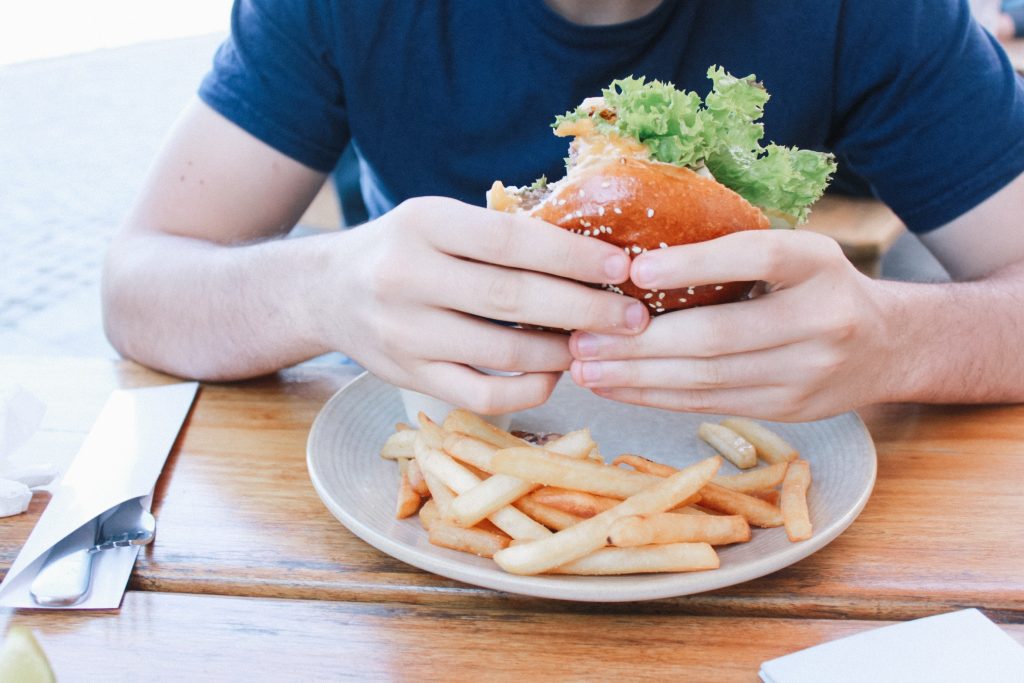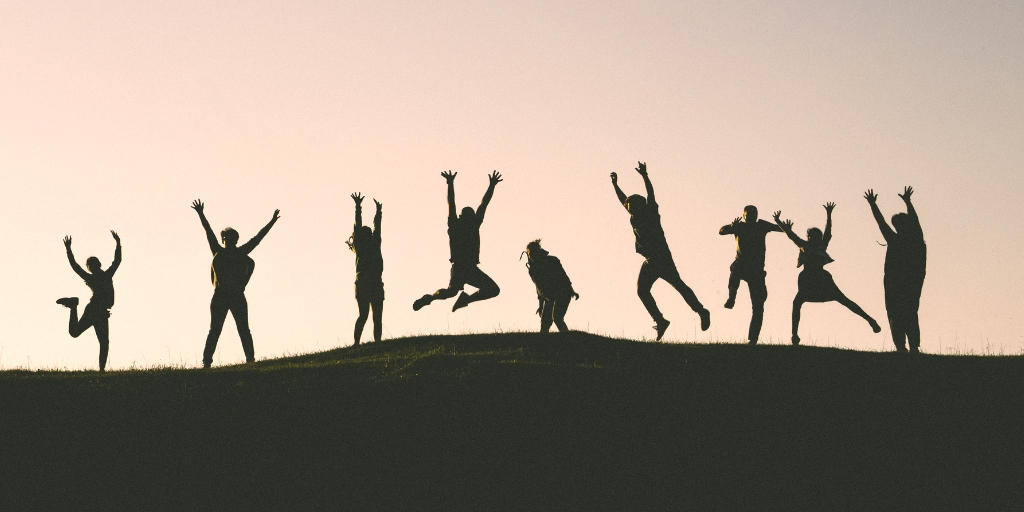Virtually all of us feel, from time to time, as though we seriously need more energy in our lives. The days can seem to drag on and on, the cups of coffee stop working as well as they once did. Before you know it, you’re finding it difficult to get out of bed. You may find it difficult to reach peak productivity and turn your life into the kind of exciting story that you want it to be. It begs the question of how to get more energy?
The issue of chronically low energy is, of course, all the worse if you also happen to be a parent, or in a position of extreme responsibility in your given profession. If you’re a medical professional, for example, being sluggish can have serious repercussions.
Luckily, there are various things that you can do in order to boost your energy levels and consequently improve your overall quality of life, without relying on pills, potions, or invasive techniques. Here are some holistic health tips that can give you more energy.
Stay adequately hydrated
![]()
Hydration is a big deal, as you’ve probably heard. While it’s not necessarily a good idea to force yourself to down glasses of water throughout the day when you’re not even thirsty (this can lead, in extreme cases, to the potentially fatal condition known as hyponatremia) you should, nonetheless, drink hydrating fluids throughout the day in line with your thirst.
Failure to properly hydrate, especially on hot days, or when you’re particularly physically active, can easily lead to different degrees of dehydration. Even a small degree of dehydration will reduce your mental and physical performance, and severe dehydration can kill you outright.
It’s important to know what to do when you’re dehydrated, so that you can rehydrate as quickly and effectively as possible. Restoring your potentially depleted electrolytes, and cooling your body down, for example.
Mild hydration is a chronic reality for many people who have easy and ready access to fluids at any given time throughout the day. By allowing yourself to stay chronically, mildly hydrated, you ensure that your energy levels are nowhere near as good as they could otherwise be.
Stop over or under-eating

It doesn’t take a genius to figure out that eating far too much, or eating far too little, could cause you to experience various negative health consequences. Nonetheless, a huge number of people are frequently over-eating during meals, and then getting hit by the dreaded “food coma” multiple times per day.
The fact that you feel completely floored after a large meal is likely a sign that the meal itself is putting a great deal of stress on your digestive system. It is therefore causing various essential resources to be re-routed from other parts of your body, in order to help manage the digestion process.
On the other side of the coin, eating too little can leave you perpetually anxious, distracted, and can produce brain fog and lethargy just as certainly as overeating can.
In one of the most famous experiments done on chronic caloric restriction — the Minnesota Starvation Experiment — subjects who were made to under-eat for 6 months lost so much of their mental and physical energy that they didn’t want to do anything other than sit in bed all day, every day.
If you feel that you might have a tendency towards over, or under-eating, start eating whole foods. Eat only when you’re hungry and chew each mouthful thoroughly. It is also important to stop eating when you feel satisfied, not when you feel completely stuffed to bursting. In a very short time, you’re likely to notice your energy level skyrocketing.
Get more low-intensity exercise during the day

Many health and fitness commentators have written about the benefits of getting high-intensity exercise on occasion. For most people, in most occasions, frequent low-intensity exercise is what it’s really all about.
While doing sprint intervals has been shown to be an effective way of conditioning the cardiovascular system and burning fat, it also places a tremendous strain on the central nervous system, and tends to be deeply disheartening and difficult to stick with in the long term.
In fact, many people who throw themselves into high-intensity workout regimens find they end up becoming chronically sick, as their immune systems suffer. Brisk daily walking, on the other hand, has been demonstrated to have many of the same benefits, and is far more manageable and easy to stick with over a prolonged period of time. Low-intensity exercise, done regularly, is one of the best and most reliable ways of boosting your energy levels throughout the day.
Photo Credit: Yoga Woman, water, hamburger, men jumping,







